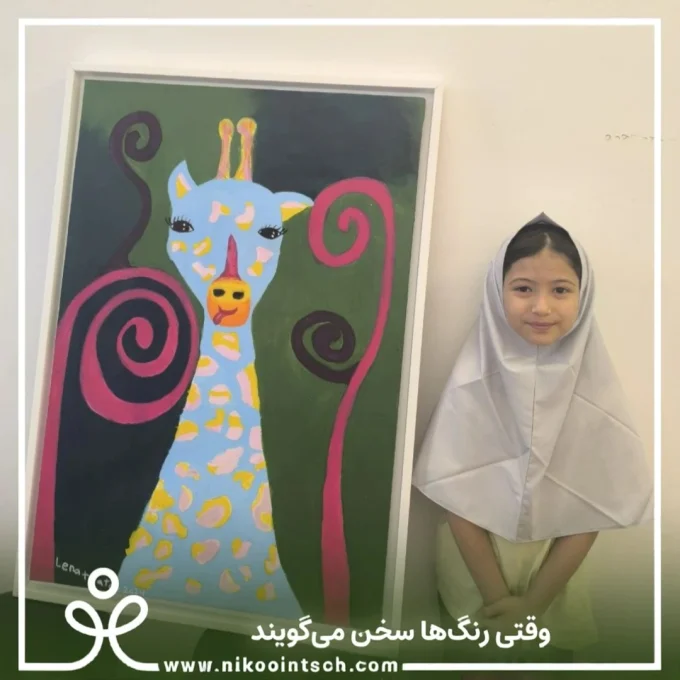Author: Mr. Ebrahim Aslani
Cultural and Educational Psychologist
An Overview of Effective Communication Factors in the Iranian Family
Principle Two: Tolerance
Prejudice, self-centeredness, rigidity, and any form of one-sided and inflexible behavior, which mainly stem from a lack of knowledge and an incomplete understanding of human dignity, disrupt communication. If we want the receiver to receive the message with the same meaning that we intend, we must also consider the conditions and situation of the message receiver. Understanding the necessity of “tolerance” in human communication requires attention to three key points.
Key 4: Respect for Human Dignity
All humans, regardless of who they are and without regard to personal beliefs, political opinions, social class, or other individual or group characteristics, possess value and dignity. Insisting on placing people into specific stereotypes is an unconscious behavior embedded in our culture that hinders tolerance. Fostering humanitarian attitudes will enhance our capacity for tolerance. Respecting human dignity will lead us to act with greater gentleness and logic in our behaviors.
Key 5: Desire for Knowledge
One of the main causes of inflexibility and one-sided behavior is a lack of knowledge and awareness. Typically, increasing information, learning, and experiences lead a person to develop a new perspective on issues, which, in turn, alters analyses, decisions, and interactions. Thus, the desire for knowledge and a passion for learning enrich cognitive abilities; these cognitive abilities influence attitudes and beliefs; and this is how a person, with new attitudes and beliefs, gains a different outlook on life and people. Enhancing cognitive abilities strengthens skills such as considering possibilities, hypothesizing, problem-solving, decision-making, and flexibility.
The Principle of Tolerance in Human Communication emphasizes the importance of considering the conditions of the message receiver and respecting human dignity. Prejudice and rigidity stem from a lack of knowledge and disrupt communication. To accurately understand a message, one must consider the receiver's situation. Respecting human dignity, regardless of beliefs and circumstances, leads to more gentle and logical behavior.
MR. Ebrahim Aslani

Key 6: Flexibility
Typically, flexibility is not regarded as a particularly positive concept in our culture and is often interpreted as giving in, compromising, or yielding. Even if such interpretations are associated with flexibility, the type of flexibility that leads to logical behavior is more based on mutual respect and a two-sided perspective. In the Iranian family, since the groundwork for logical behavior is not well established, either flexible behavior does not manifest at all or flexibility is reduced to conceding or yielding. When flexibility is recommended within the family, it means that parents and children should interact based on mutual respect for each other’s desires and needs.
🔔Reading the two-volume book *The Iranian Family* and the third part of the article by the same author is recommended. In the second volume of this series, in the fifth section titled “The Iranian Family and Modern Educational Knowledge,” the needs and requirements of the Iranian family in facing future challenges and issues are discussed in detail. This book has been published by the Parents and Teachers Association Press.












